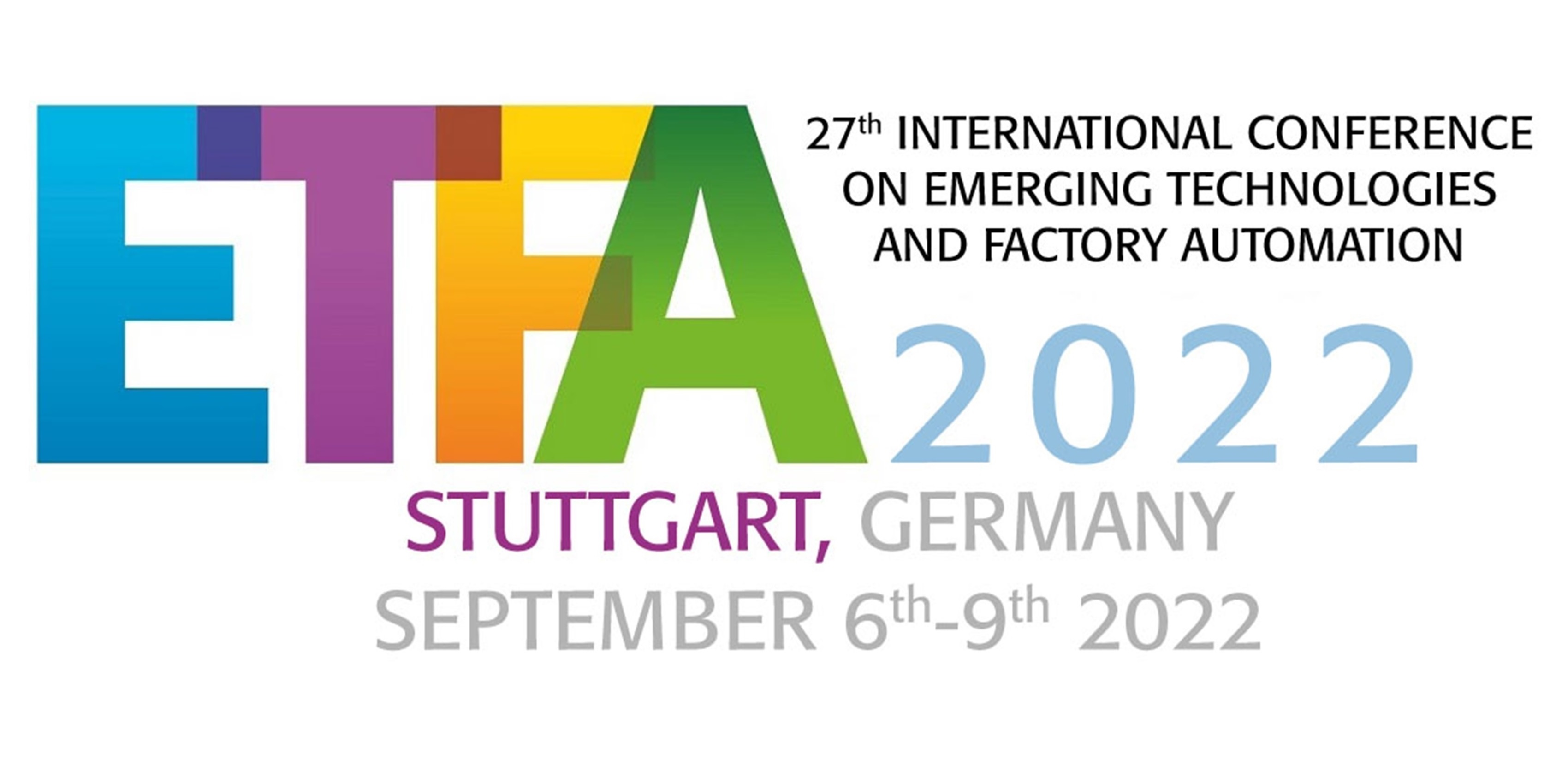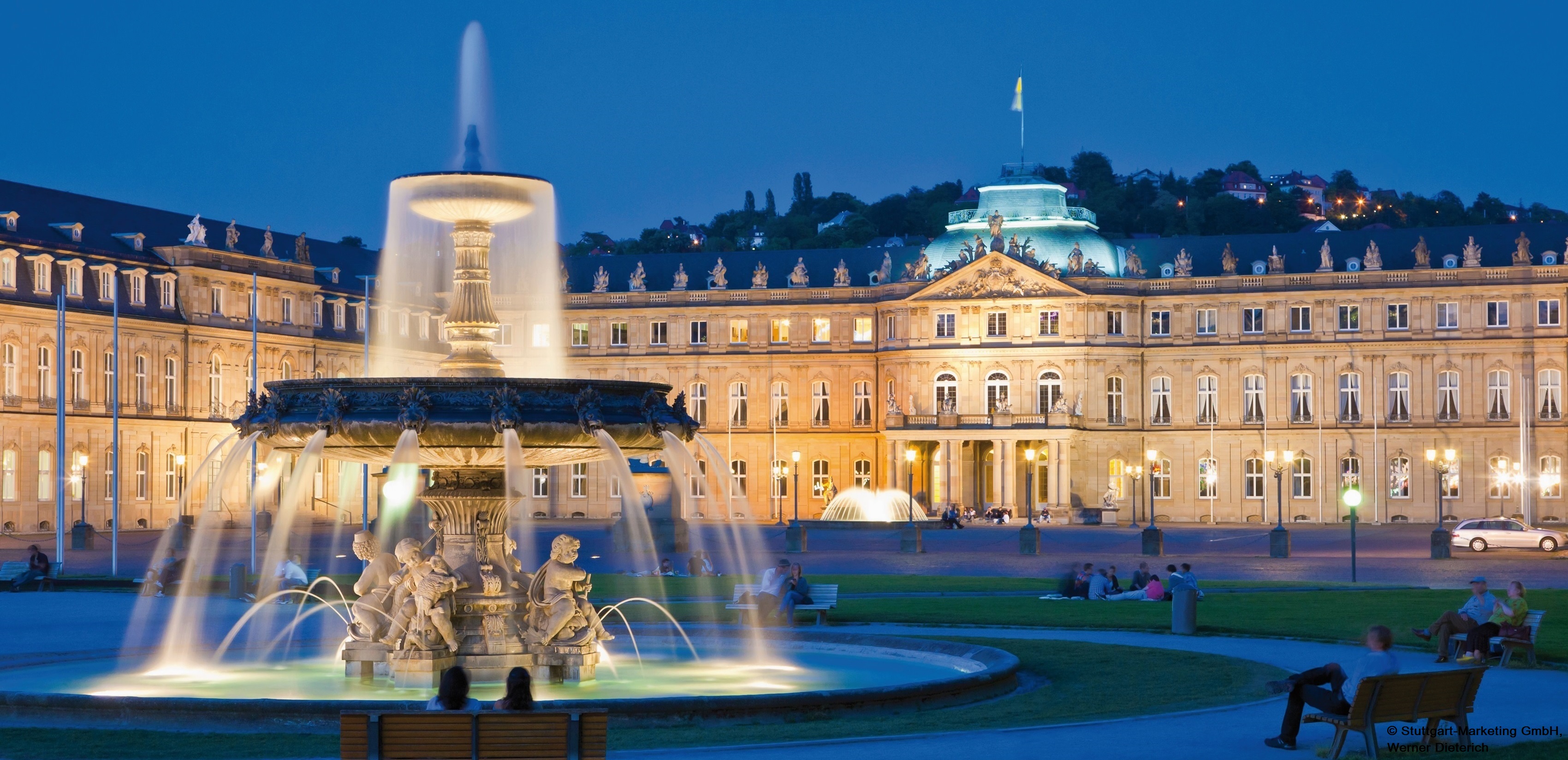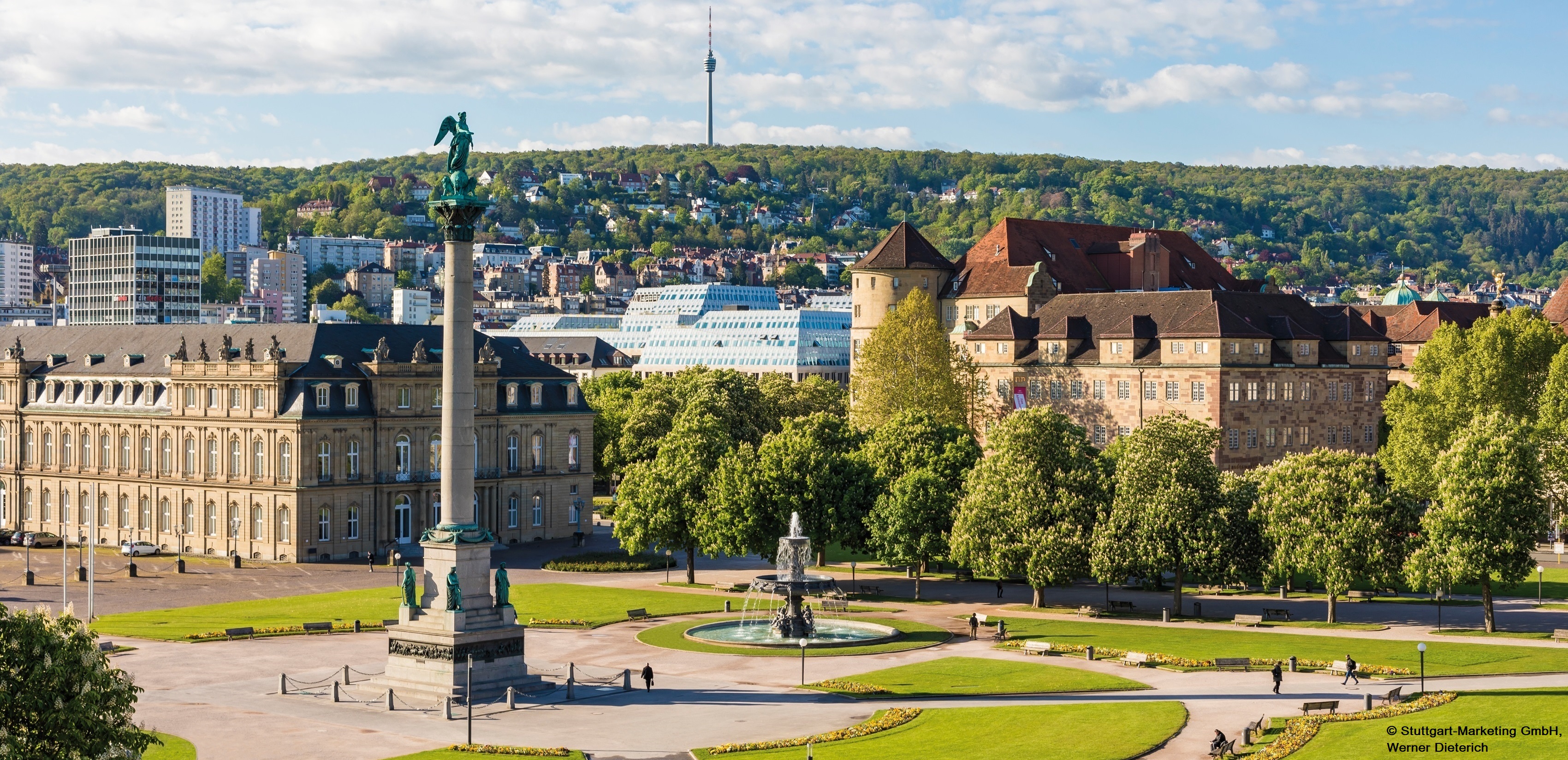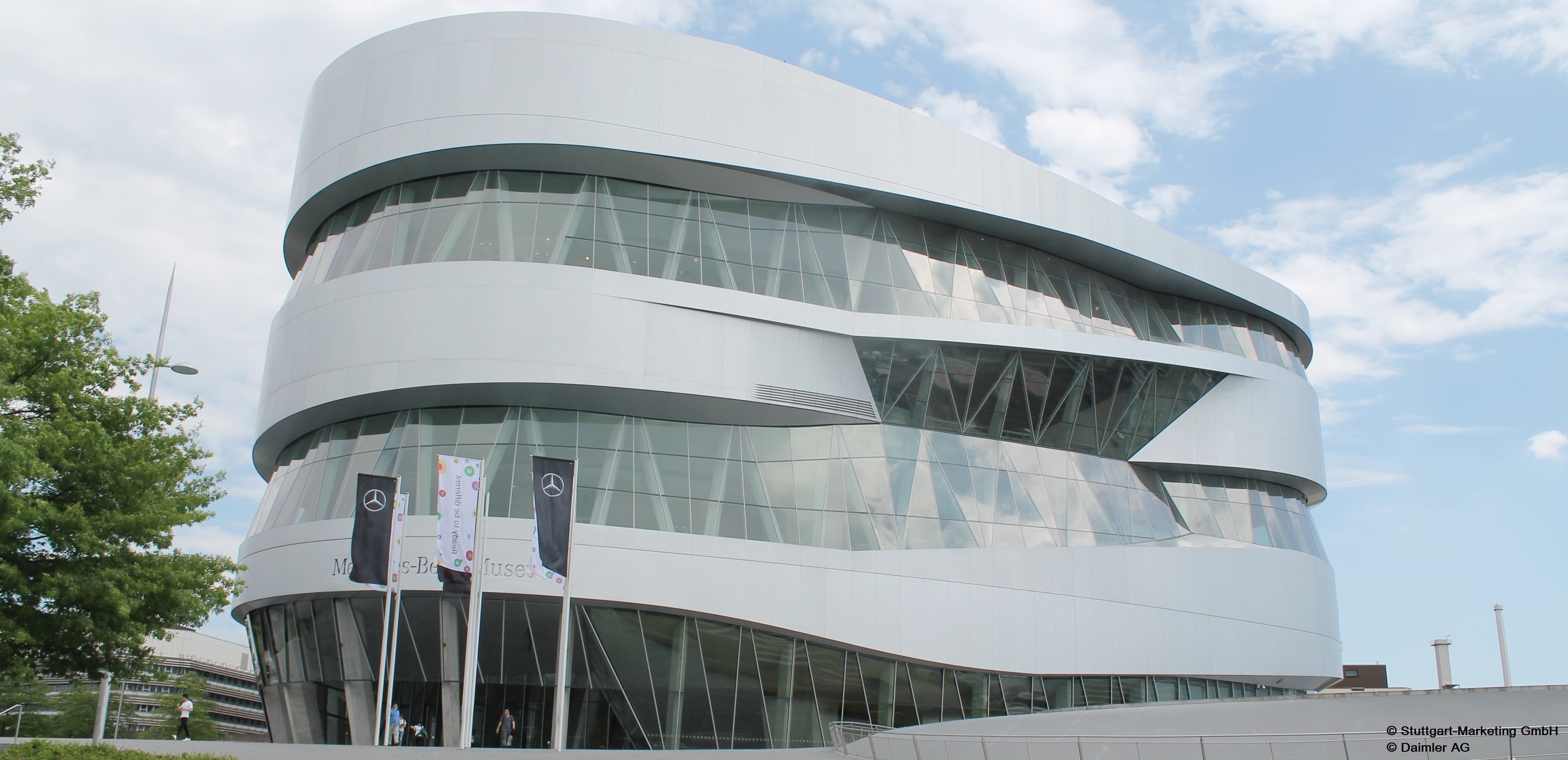Click here
to download the session cfp.
The Fourth Industrial Revolution, or Industry 4.0, has created relevant changes in regards to the presence of human workers at the shop f loor, and the roles they play in smart, resilient manuf acturing systems. Although high to medium levels of automation, robotization, and digitalization are becoming a prevalent trend in many smart f actories, there is consensus that human workers will remain an essential part of such smart manuf acturing environments and systems. Nevertheless, “human-centric” strategies are still much underrepresented in the Industry 4.0 paradigm, making manuf acturing companies realize that they need to make significant efforts to put their human workers back at the center of their shop f loor digital transformations. This realization has created the emergence of a new Industrial Revolution, ref erred to as “Industry 5.0”, aimed at bringing back the human worker at the center of the development of the f actory of the f uture. The Fif th Industrial Revolution aims to pair humans, machines, robots, and artif icial intelligence to utilize human creativity even f urther and increase processes eff iciency by combining material and information workf lows with intelligent assets and systems. While the primary concern in the Industry 4.0 paradigm is or was about automation, robotization, and digitalization, the Industry 5.0 hallmark is the exploration of new synergies between humans and intelligent assets and systems. Also, Industry 5.0 is about the social sustainability and the resilience of human workers and human-technology systems. The recent “Operator 5.0” concept and vision show a f uture of work in this direction.




